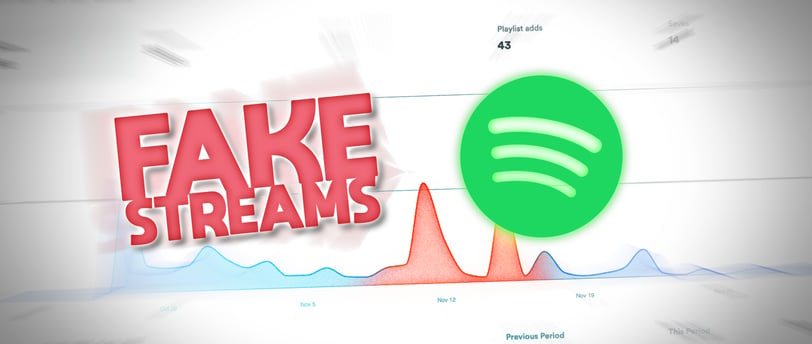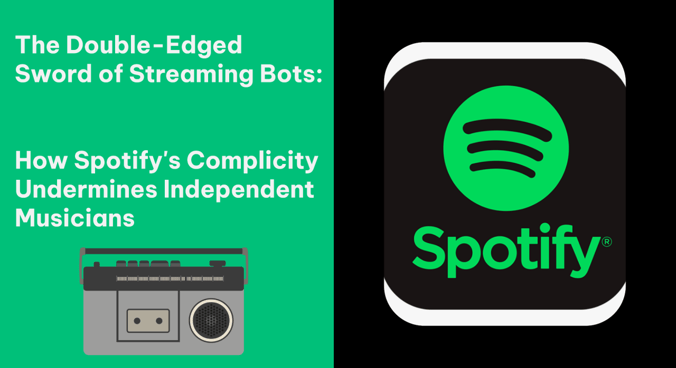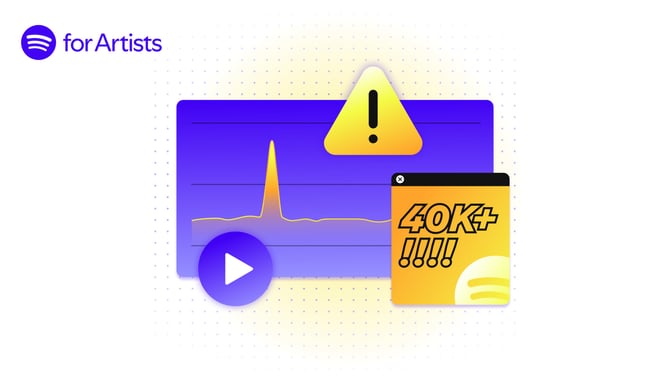Spotify's War on Indie Artists: How Bot Accusations Are Silencing Independent Musicians
Independent musicians are increasingly finding their dreams silenced—not by lack of talent, but by accusations of artificial streaming on Spotify. Major distributors like TuneCore, CD Baby, and LANDR are banning indie artists based on automated activity that artists insist they didn't authorize, while major-label acts appear immune. Is Spotify's crackdown inadvertently destroying the very indie music scene it once championed? Discover why artists are reconsidering Spotify and turning to platforms like Bandcamp to reclaim their voice—and income.
Geek Richard
5/14/20252 min read


The issue of artificial streaming on Spotify has become a significant concern for independent musicians. Spotify defines artificial streams as those that don't reflect genuine user listening intent, often generated by bots or scripts. Such streams can dilute the royalty pool, shifting revenue from legitimate artists to bad actors.
Independent artists have reported instances where their music was flagged for artificial streaming, leading to track removals and bans. For example, a member of the band CØVES shared their experience:
"We received the gutting email that we have had a release taken down from Spotify for suspicion of artificial streams."
Similarly, many other artist expressed frustration over their track being removed due to suspicious streaming, despite not engaging in any artificial promotion.
Distributors like TuneCore, CD Baby, and LANDR, which are responsible for delivering music to streaming platforms, will take action against artists whose tracks are flagged. LANDR, for instance, notes that Spotify may charge a penalty fee when artificial streaming is detected, and this fee is then passed on to the distributor. This creates a risk for independent artists, as a single infraction can lead to account termination, effectively removing their music from major streaming services. There is no remedy for the musicians.
Compounding the issue is the perception that major label artists are not subjected to the same scrutiny. Reports have highlighted instances where major artists' tracks have been associated with artificial streaming practices without facing similar consequences. For example, allegations have been made that Spotify populates playlists with "ghost artists" to minimize royalty payments to actual musicians.
Given these challenges, many independent musicians are reconsidering their reliance on Spotify. Platforms like Bandcamp offer an alternative, allowing artists to sell their music directly to fans and retain a larger share of the revenue. Bandcamp also fosters a community-oriented environment that enables fans to engage more directly with artists.
In conclusion, while Spotify remains a dominant player in music streaming, the risks associated with artificial streaming allegations and the potential for account termination make it a less viable option for some independent artists. Exploring alternative platforms that prioritize artist control and fair compensation may be a more sustainable path forward.








